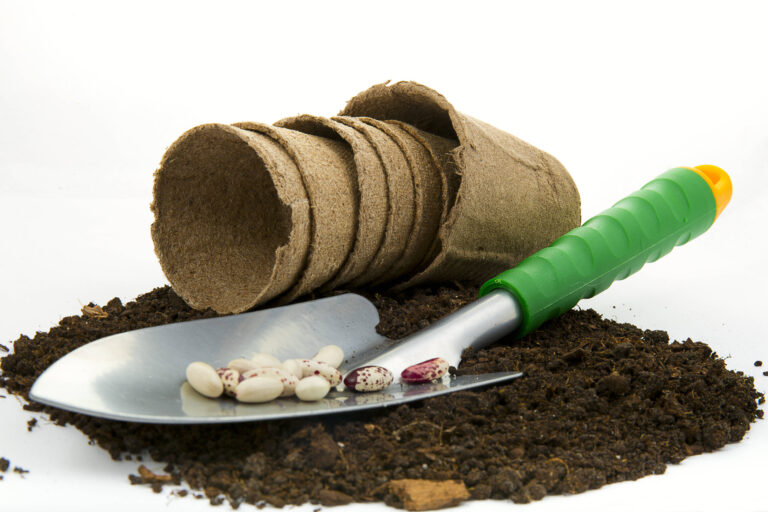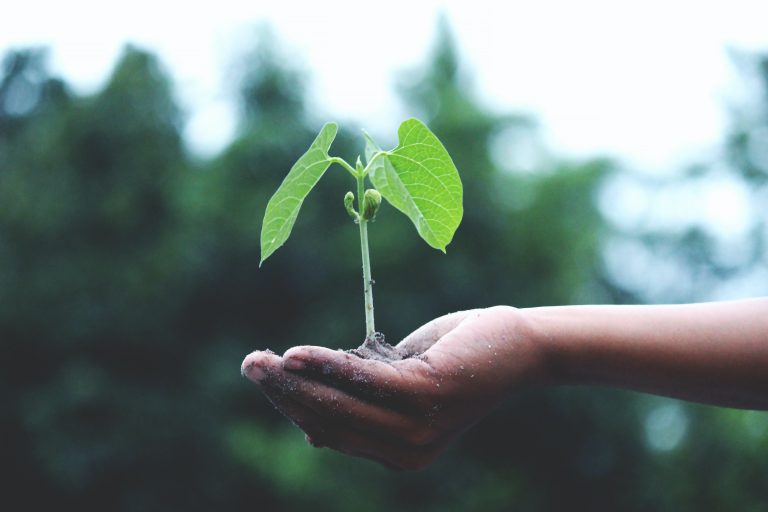Germination refers to the process of a seed becoming a plant. Some people don’t mind a very slow process. They’ll plant flowers that take two years to show their colors. However, sometimes you want an experience a little bit closer to instant gratification. While no plant is going to germinate overnight, there are techniques to…
germination
10 Top Reasons Why Seeds Don’t Germinate
There are a lot of reasons why seeds don’t germinate. Knowing what can go wrong is the first step in solving the problem. If you’re struggling to start seeds this spring, here are a few things to look out for. Why Aren’t Seeds Germinating? Here are a few common reasons why seeds don’t germinate….

